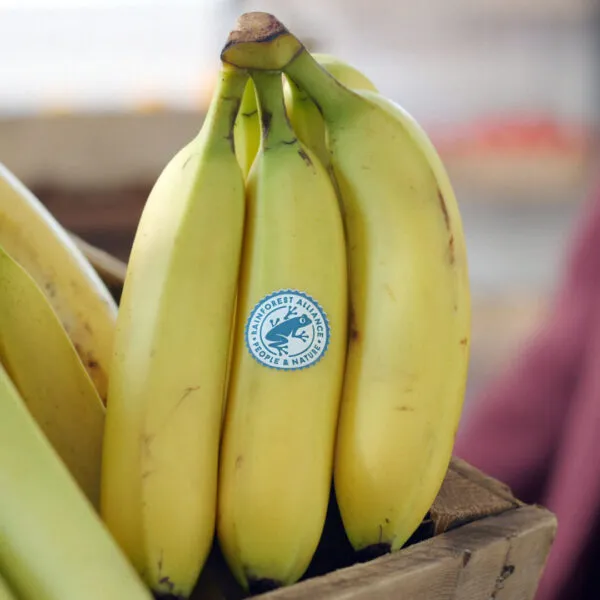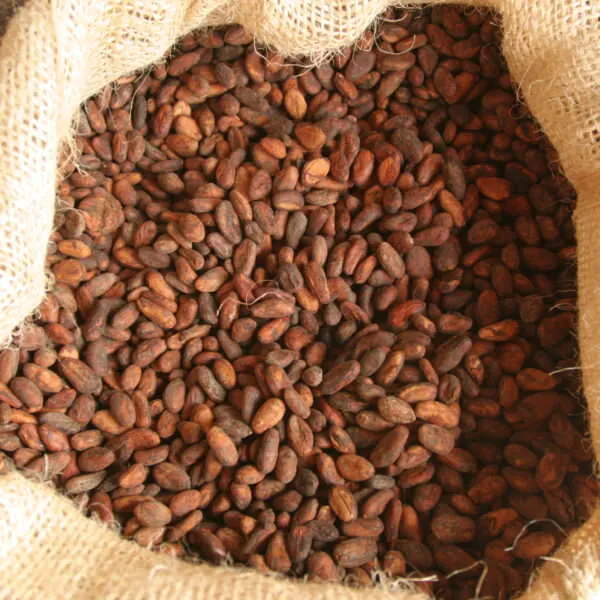Rainforest Alliance certification does not guarantee a minimum price for certified crops, but our 2020 Certification Program includes an important requirement for additional cash payments for certified crops.
Pricing is definitely an important part of certification, and while Rainforest Alliance Certified farms often generate higher prices for their crops, a system that focuses primarily on pricing disregards other critical elements that influence whether or not farmers can lift themselves out of poverty. For example, price-based systems depend on the willingness of buyers to pay a fixed minimum price for a certified product, but this approach is of little use to farmers who are not lucky enough to have such customers.
Rather than emphasizing price, our approach is holistic and focuses on helping farmers grow their businesses and become more profitable and resilient through training in farm management and financial literacy as well as market access. A farmer’s success depends on crop quality, productivity, and efficiency as well as sales price, which is why we address all of these areas. We support farmers in increasing their incomes and conserving their soils and natural resources, all of which empowers them to become better business people and gives them more control over their futures.
A requirement for additional cash payments for certified crops is an important facet of our 2020 Certification Program and a part of its shared responsibility principle. Our new program requires buyers to pay a Sustainability Differential, a mandatory additional cash payment to certified farms over and above the market price; this payment is designed to be completely free of restrictions or requirements on how it is used.
In addition, we are introducing a Sustainability Investment requirement for buyers, who must make cash or in-kind investments to farmers based on the needs identified in their own investment plans. This investment is critical not just for the implementation of our certification scheme, but for ongoing sustainability improvements. It also centers the expertise and voices of farmers in our ongoing effort to build a more equitable supply chain.
Cocoa: minimum Sustainability Differential
We recognize the need to tailor our approach to meet the needs and operating realities of each of our sectors. As such the requirements for our cocoa program are designed to address the structural inequalities in the cocoa sector, persistently low incomes, and the challenges farmers face in negotiating prices in an extremely price-sensitive environment. Under the cocoa program we will be introducing a minimum Sustainability Differential at $70 per MT as of July 2022. Learn more about our phased approach.


